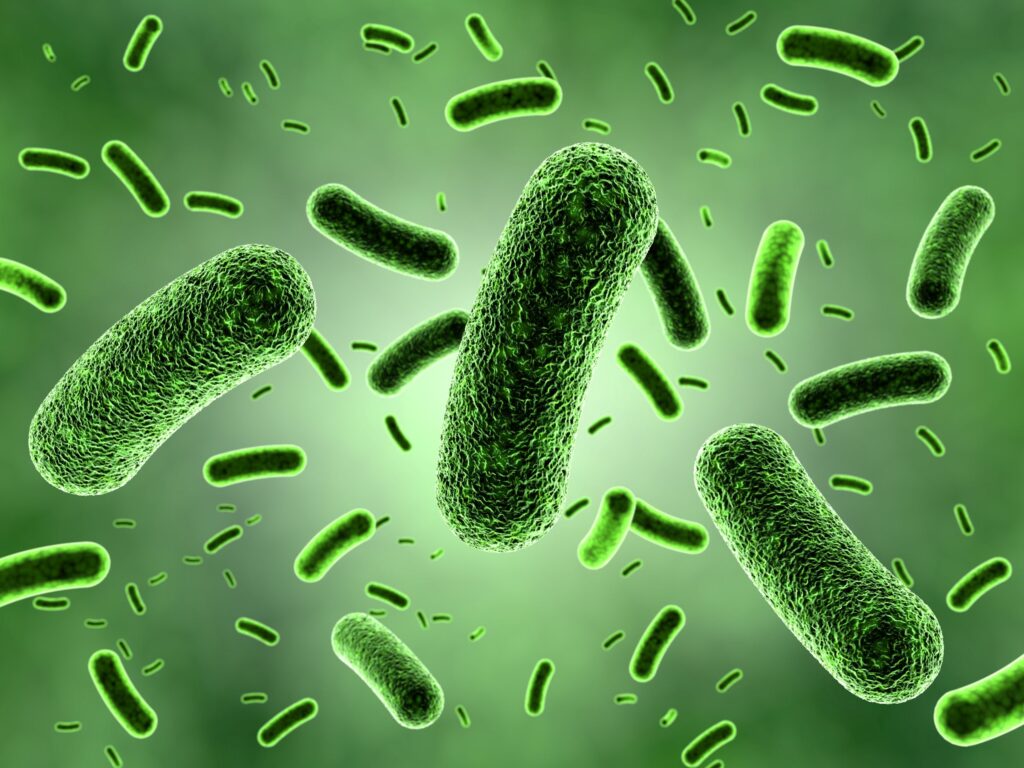
You likely already know that the American Dental Association recommends brushing and flossing your teeth twice daily to help avoid oral issues, like cavities and periodontal problems. But do you know why keeping your mouth clean is an effective way to prevent them?
Typically, decay and disease occur when certain germs in your mouth penetrate your connective tissues or enamel. But in recent years, studies have revealed unexpected information about the different kinds of bacteria that can be harmful to your dental health. Continue reading to learn more about what was discovered!
What Bacteria Have Been Known to Cause Cavities?
Would you be surprised to learn that most people have hundreds of different species of bacteria in their mouths? Some of these can be beneficial and protect your dental condition by fighting infection or aiding with chewing and digestion, but others increase the risk of developing cavities or gum disease.
Since the mid-1960s, it was believed that one specific microorganism, Streptococcus mutans, was responsible for dental caries. These germs consume sugars and produce acids that demineralize enamel and form a biofilm on your teeth. This coating provides a protected environment in which the bacteria can thrive, further eroding your pearly whites. However, in 2023, a new bacterial species was discovered to significantly impact the likelihood of developing tooth decay.
What Was Recently Discovered about Additional Bacteria?
In a study completed in May 2023, scientists unexpectedly discovered that a germ previously associated with gum disease, S. (Selenomonas) sputigena, can also significantly impact cavity development.
The information was discovered when researchers analyzed samples of plaque taken from 300 children aged 3 to 5 years, half of whom had already developed tooth decay. Scientists studying the results explained that S. sputigena doesn’t cause caries by itself. However, it can become trapped in the biofilm created by S. mutans, thereby increasing its carcinogenic power by boosting acid production within the plaque.
How Can I Prevent Tooth Decay?
Implementing a consistent twice-daily at-home dental hygiene routine can help you avoid many potential oral issues, such as cavities. For instance, scrubbing your enamel with a toothbrush and toothpaste removes about half of the plaque from the surface of your teeth. But if you’re not flossing, you’re leaving plenty of bacteria behind. Flossing between your teeth can potentially clear away up to 80% of built-up residue to help safeguard your smile.
You can also prevent problems by visiting your dentist every six months for a routine checkup and cleaning. This allows them to monitor your condition so they can catch and treat any areas of concern before they can progress.
About the Practice
Patients at Columbus Dental Arts benefit from two dentists eager to help you and your family build your happiest, healthiest smiles. Dr. Fraser and Dr. Wolf take the time to get to know your unique goals and concerns, then tailor treatment plans to address them. They provide a comprehensive menu of services, so whether you require preventive care or a more complex procedure, they can help. If you’re concerned about cavities, you can request an appointment on the website or by calling (609) 324-9500.
